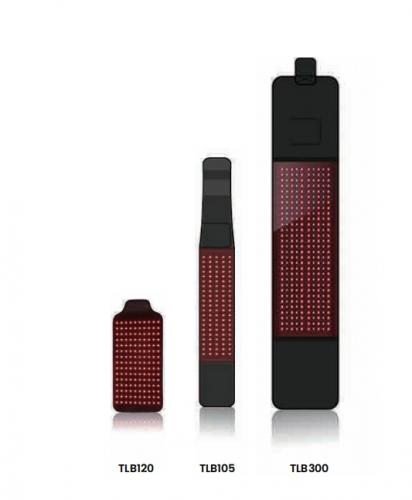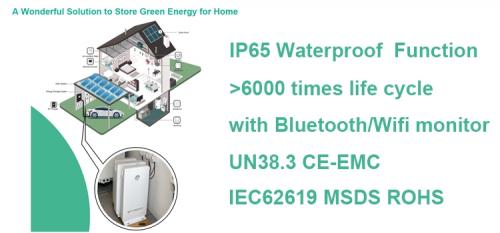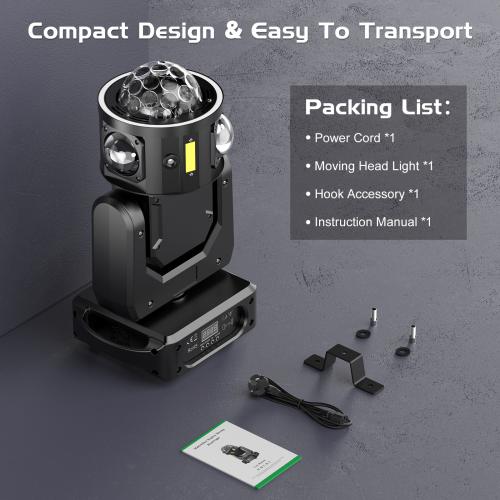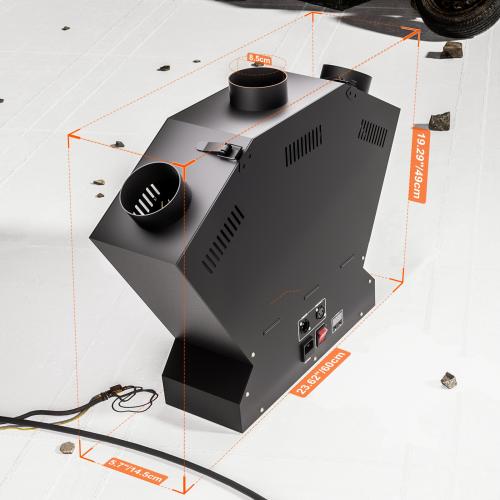Which is better, lithium-ion or lithium phosphate?
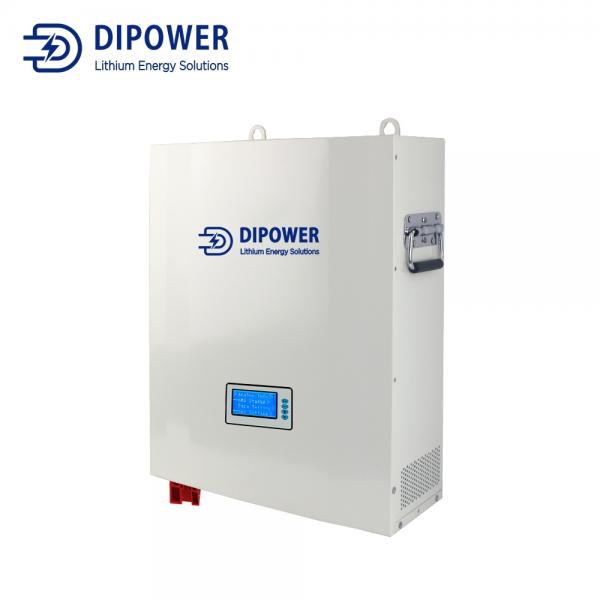
When it comes to choosing between lithium-ion and lithium phosphate batteries, the decision hinges on various factors, including application needs, performance characteristics, and cost considerations. Both battery types offer unique advantages and are suited for different purposes. In this article, we will delve into the attributes of each type, explore their respective benefits and drawbacks, and provide insights into which battery might be better suited for specific applications.
Understanding Lithium-Ion Batteries
Lithium-ion batteries are widely used in consumer electronics, electric vehicles, and renewable energy systems due to their high energy density and relatively lightweight design. These batteries consist of a lithium cobalt oxide cathode, a graphite anode, and an electrolyte that facilitates the movement of lithium ions between the electrodes during charging and discharging cycles.
Advantages of Lithium-Ion Batteries:
-
High Energy Density: Lithium-ion batteries are renowned for their ability to store a significant amount of energy in a compact form. This characteristic makes them ideal for applications where space and weight are critical considerations, such as smartphones, laptops, and electric vehicles.
-
Long Cycle Life: These batteries can endure numerous charge and discharge cycles before their capacity starts to degrade significantly. This longevity is essential for applications that require frequent use and recharging.
-
Fast Charging Capability: Lithium-ion batteries can be charged relatively quickly, making them convenient for users who need to recharge devices or vehicles in a short period.
-
Wide Range of Applications: The versatility of lithium-ion batteries allows them to be used in various sectors, including consumer electronics, automotive, aerospace, and renewable energy storage systems.
Drawbacks of Lithium-Ion Batteries:
-
Thermal Runaway Risk: One of the significant concerns with lithium-ion batteries is the risk of thermal runaway, which can lead to overheating, fires, or explosions if the battery is damaged or improperly handled.
-
Cost: Lithium-ion batteries tend to be more expensive compared to other battery technologies, which can be a limiting factor for some applications.
-
Environmental Impact: The production and disposal of lithium-ion batteries have environmental implications, including the extraction of raw materials and the challenges of recycling.
Exploring Lithium Phosphate Batteries
Lithium iron phosphate (LiFePO4) batteries, commonly referred to as lithium phosphate batteries, are a subtype of lithium-ion batteries. They are known for their stability and safety features, making them increasingly popular in applications where safety is paramount.
Advantages of Lithium Phosphate Batteries:
-
Safety: Lithium phosphate batteries are less prone to thermal runaway and have a higher thermal stability compared to traditional lithium-ion batteries. This makes them a safer option for applications that require robust safety measures.
-
Long Cycle Life: Similar to lithium-ion batteries, lithium phosphate batteries offer a long cycle life, which means they can endure many charge and discharge cycles without significant degradation.
-
Cost-Effectiveness: While lithium phosphate batteries have a lower energy density compared to lithium-ion, they are generally more cost-effective, making them a suitable choice for applications where cost considerations are crucial.
-
Environmentally Friendly: The materials used in lithium phosphate batteries are less harmful to the environment, and the batteries are easier to recycle, contributing to a more sustainable lifecycle.
Drawbacks of Lithium Phosphate Batteries:
-
Lower Energy Density: The primary disadvantage of lithium phosphate batteries is their lower energy density compared to lithium-ion batteries. This means they store less energy in the same volume, which can be a limitation for applications requiring compact energy solutions.
-
Weight: Due to their lower energy density, lithium phosphate batteries tend to be heavier, which can be a disadvantage for portable devices or electric vehicles where weight is a critical factor.
Choosing the Right Battery for Your Needs
The decision between lithium-ion and lithium phosphate batteries ultimately depends on the specific requirements of the application in question. Here are some considerations to guide your choice:
-
Application Type: For applications where high energy density and lightweight design are paramount, such as consumer electronics and electric vehicles, lithium-ion batteries are typically the preferred choice. Their ability to store more energy in a compact form makes them ideal for these uses.
-
Safety Requirements: If safety is a primary concern, especially in applications like grid storage or electric vehicles, lithium phosphate batteries offer a safer alternative due to their thermal stability and lower risk of thermal runaway.
-
Budget Constraints: For applications with strict budgetary constraints, lithium phosphate batteries may be more appealing due to their cost-effectiveness, despite their lower energy density.
-
Environmental Considerations: If environmental impact is a significant consideration, lithium phosphate batteries provide a more sustainable option due to their easier recyclability and less harmful materials.
Conclusion
Both lithium-ion and lithium phosphate batteries have their distinct advantages and drawbacks, making them suitable for different applications. Lithium-ion batteries excel in energy density and versatility, making them ideal for portable electronics and electric vehicles. On the other hand, lithium phosphate batteries offer enhanced safety and cost-effectiveness, making them suitable for applications where these factors are prioritized.
Ultimately, the choice between these two battery types should be guided by the specific needs and priorities of the application. By carefully considering factors such as energy density, safety, cost, and environmental impact, users can make informed decisions that align with their requirements and goals. As technology continues to evolve, both lithium-ion and lithium phosphate batteries will play crucial roles in powering the devices and systems that drive our modern world.

